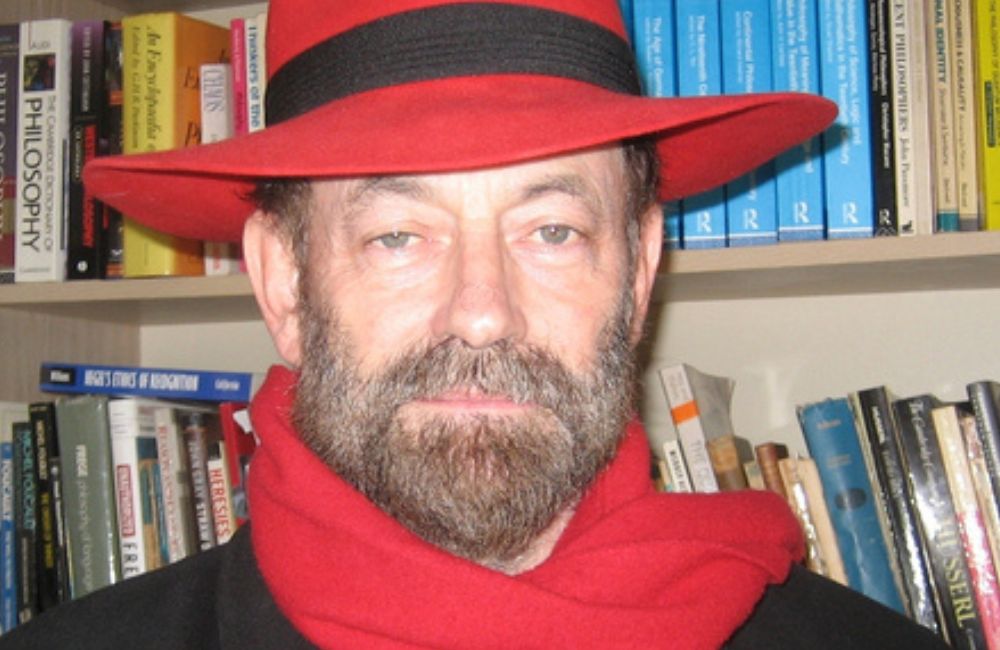Artificial Intelligence (AI) is the kind of intelligence displayed by machines. It can be very good at doing tasks that we, as humans, either don’t like doing or are not good at. It is already an integral and positive part of how we lead our lives day to day, for example in banking, defence, driving, medical diagnosis and treatment, policing, and scientific research. The Pandemic has highlighted the importance of AI, in the way we interact with each other, and in our efforts to track the spread of the virus and to discover and distribute vaccines. The approaching end of the Pandemic Year is a good time to take stock of the future. The rapidly increasing scope and pace of change in the implementation of AI means that for most of us it is almost unimaginable how AI will evolve and relate to human lives over the next 50 years. Some people worry that AI will destroy jobs and everything that makes life enjoyable, while others hail it as a liberating technology that will allow humans to concentrate on being creative. In this recording of a live online lecture for the BRLSI, Professor Joanna Bryson shines a light on this little-understood phenomenon of our time. Her general point is that AI is there for us to control, not the other way around. Joanna Bryson moved from the University of Bath to the Hertie School of Governance in February 2020 to become its full Professor of Ethics and Technology. In July of this year she was named one of Germany’s nine representatives to the Global Partnership for AI, of which the UK is also a member. She holds degrees in psychology and artificial intelligence from the University of Chicago (BA), the University of Edinburgh (MSc and MPhil), and Massachusetts Institute of Technology (PhD). *This talk was delivered as the Victor Suchar Christmas Lecture, 2020. The annual Victor Suchar Christmas Lecture (VSCL), a lecture series instituted in 1998, is a special event in the BRLSI calendar which aims to bring to Bath eminent speakers in a broad range of scholarly disciplines. Past Christmas lecturers have included many distinguished scholars, including among others Professors Jonathan Bate (2011), Sir Michael Berry (1998), Nancy Cartwright (2002), John Gray (2004), Dame Julia Higgins (2016), Steve Jones (2009), Dame Hermione Lee (2017) and Sir Martin Rees (2001).
If you enjoyed this talk, you might like to explore more videos on Science and Medicine.



